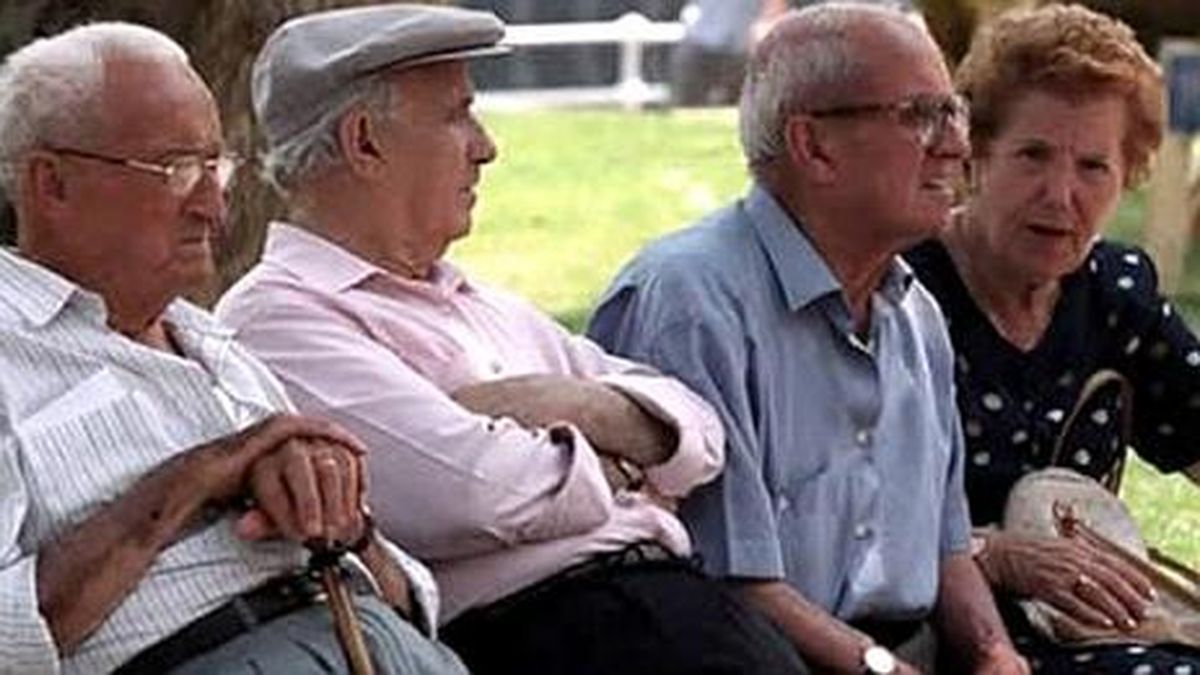RETIRED COLD WEATHER.jpg
Telam
Putting age as a sign of either experience or inefficiency is not always enough to define a situation. An old man is not necessarily respectable; nor is it necessarily disposable. As the years progress, the wear and tear on the body puts the elderly in a situation of vulnerability; in a certain sense their situation is similar to that of adolescents, historically disapproved, undervalued women or those who suffer racial prejudice. We find ourselves with a phenomenon that could fall within the category of discrimination and the need to fight for respect for differences.
According to Lacan (1949) every instinctive impulse, even when it responds to a natural maturation, cannot fail to be experienced as a danger; in the face of vital crises (adolescence, climacteric) this relationship is exacerbated. The older adult is facing a vital crisis that questions his identity. In early childhood, identity begins to be built, sustained in the gaze of the mother who recognizes her son as a person and in the mirror that shows him complete. In old age this need to “recognize” is crossed again.
The old man sees himself in a certain way, he has a youthful image of himself, for example, and he can be surprised when the mirror gives him a different one. An accommodation is necessary that is not always simple. The way in which he is viewed from the outside, with affection or contempt, will help or complicate this process. But the older adult is no longer an immature child and can oppose his own criteria. Older adults can find themselves in a situation of organic or economic vulnerability without this affecting their life experience, their knowledge, their ability to work, create, suffer or have fun. And they have the right to choose and decide what to do, how and where.
The most lucid of this generation were characterized during the course of their years by an attitude of interest, curiosity, questioning and action. It is to be expected that those qualities will also determine how you age. The rebellion of today’s old people does not consist of protesting to take care of their grandchildren, to whom they dedicate energy and joy. They get bored talking about illnesses, although at times the subject imposes itself on them. They yearn for the past, but not so much. Their engine and their conflict is another, they feel that they have life ahead of them.
Concepts extracted from the book “Introduction to the reading of Jacques Lacan” by Diana Sahovaler de Litvinoff, APA Psychoanalyst.
Source: Ambito




